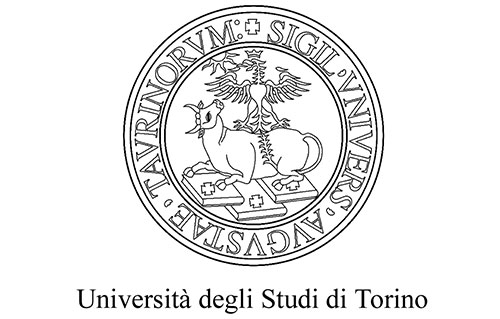Università degli Studi di Torino
The University of Turin (UNITO) is one of the largest Italian Universities, with about 70,000 students, 3,900 employees (academic, administrative and technical staff), 1,800 post-graduate and post-doctoral students. Scientific research and training are performed in 27 departments, encompassing all disciplines. UNITO is ranked by ARWU at international level in the top 200 universities out of 1,200, with the best Italian placement together with other four universities (Milan, Bologna, Padua and Rome La Sapienza). For the ARWU field “Clinical Medicine and Pharmacy”, UNITO is ranked in the top 150 institutions.
UNITO manages roughly 500 research projects per year, both at national and international level. The long record of participation of UNITO in the EU strategic research agenda results from 115 FP7 funded research projects, among which are 33 UNITO-coordinated projects and 4 ERC grants as host institution, and 32 H2020 funded projects up to now.
A rich, stimulating and multidisciplinary environment and a fertile scientific humus for biomedical research are provided not only within UNITO, but also by other local actors (hospitals, scientific parks, non profit research centers and research-driven biotech companies) operating in strict cooperation with university departments. Clinical activities are performed based on agreements with 15 local health providers, involving 551 units of medical and administrative staff and 1,034 trainees of residency programs led by the university.
The Department of Medical Sciences (DMS) was established in 2012. The guiding principles of the DMS are to invest in our human and economic resources, to offer the best medical education, to potentiate our infrastructures, to develop and test new medical research methodologies, to foster collaboration with other national and international research centers, and to promote collaboration with other departments and integration with local health care organizations. Many indicators demonstrate the dynamic nature and planning capacity of our scientific community, such as the constant increase in the number of research products (academic articles, books, conference attendances, patents awarded etc.), the high ranking of the DMS according to the Valuation of Research Quality (or VQR), and the amount of funding resources obtained through national and international competitive grants. The DMS brings together the lab-to-bedside goals with the most innovative approaches in medical research (basic, clinical and applied) to foster our understanding of the mechanisms of disease, and to study the impact of environmental and genetic factors.

